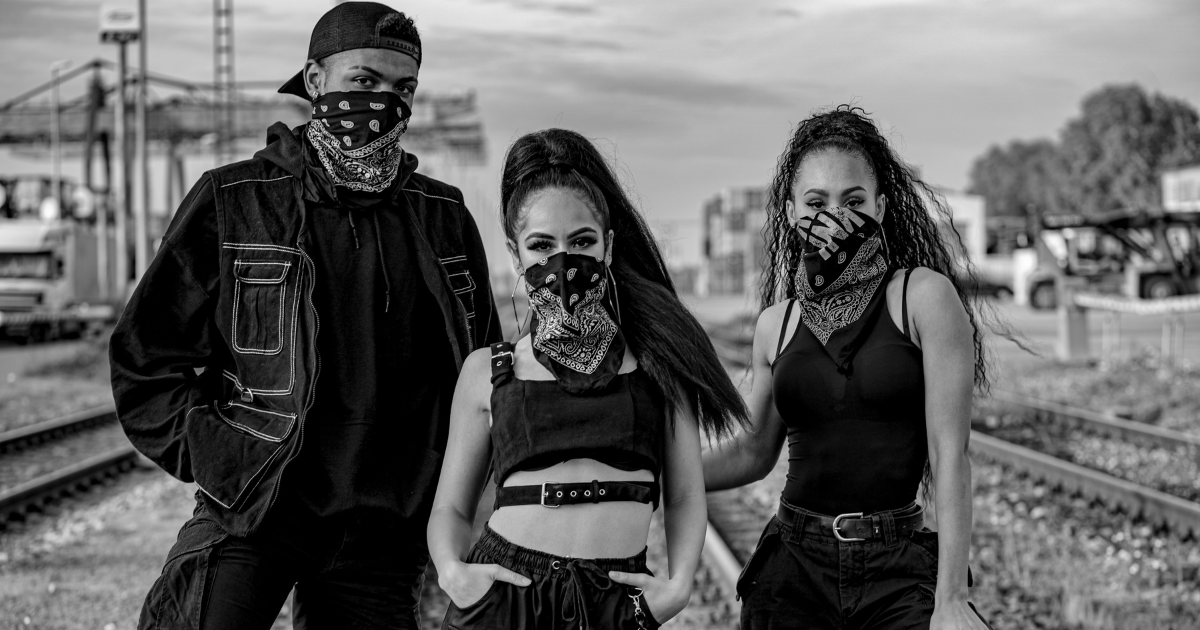In the fast-paced world of the fashion industry, staying ahead of the curve means more than just creating eye-catching designs; it also involves navigating the complex legal landscape of influencer marketing. As fashion brands increasingly turn to influencers to promote their products, legal challenges have emerged that demand attention. In this article, we will delve into the intricacies of influencer marketing in the fashion industry and the legal hurdles that fashion brands must overcome to ensure compliance and success.
Understanding the Power of Influencer Marketing
The Rise of Influencer Marketing in Fashion
In recent years, influencer marketing has emerged as a potent promotional tool for fashion brands. Influencers, with their engaged followers and authentic voices, provide fashion companies with a direct channel to their target audience. This trend has redefined the way fashion brands market their products.
The Impact of Influencer Partnerships
Fashion influencers can significantly impact consumer purchasing decisions. Their recommendations and endorsements carry weight in a crowded marketplace, leading to increased brand awareness and sales.
Legal Considerations in Influencer Marketing
Disclosure and Transparency (FTC Guidelines)
One of the primary legal challenges in influencer marketing is ensuring transparency and compliance with the Federal Trade Commission (FTC) guidelines. Influencers must disclose their partnerships with brands, making it clear when content is sponsored or contains affiliate links.
Intellectual Property Rights
Fashion brands must also address issues related to intellectual property. The unauthorized use of trademarks, copyrighted materials, or designs in influencer content can lead to legal disputes.
Contractual Agreements
Negotiating and drafting comprehensive contracts with influencers is essential. These agreements should outline the scope of work, compensation, content rights, and compliance with legal regulations.
Data Privacy and Consent
Collecting and using consumer data is a common practice in influencer marketing. However, fashion brands must adhere to data protection regulations and ensure that influencers obtain proper consent when collecting user data.
Navigating the Fashion Law Landscape
Fashion Law and Its Relevance
Fashion law is a specialized area that intersects with influencer marketing. Legal professionals in this field can provide guidance on contracts, trademark protection, and compliance with regulations.
Brand Reputation Management
Fashion brands must carefully manage their reputation in the digital age. Legal challenges may arise from negative comments, controversies, or public relations issues involving influencers.
International Considerations
Fashion brands engaging in influencer marketing on a global scale face additional complexities related to international laws, taxes, and regulations.
Conclusion
Influencer marketing has become an integral part of the fashion industry’s promotional strategy. However, it comes with a set of legal challenges that require thorough attention and compliance. To succeed in this dynamic landscape, fashion brands must prioritize transparency, intellectual property protection, and data privacy. Seeking legal counsel and staying informed about evolving regulations are essential steps in overcoming the legal hurdles of influencer marketing in the fashion industry.


















